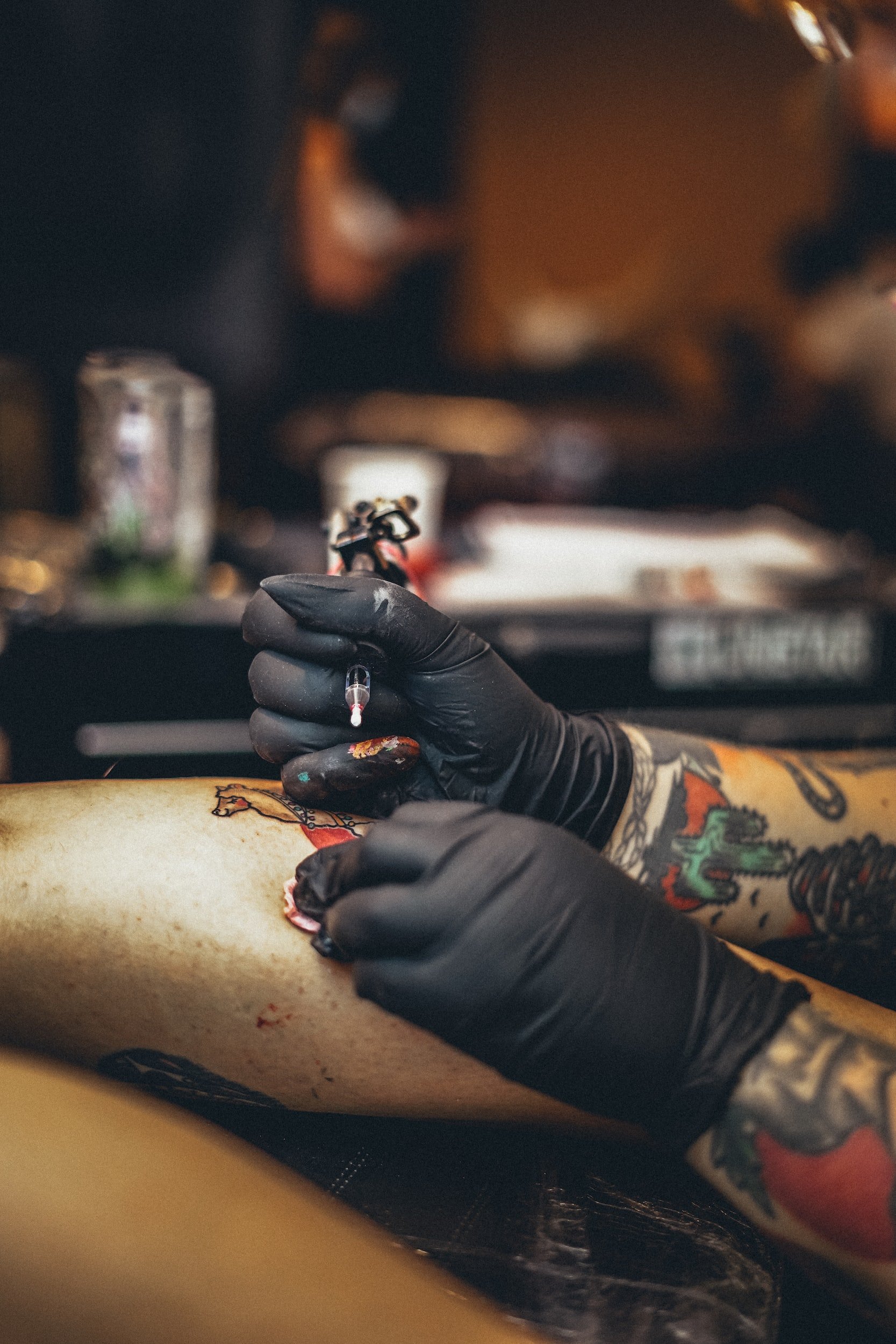A Brief History of Tattooing
Tattoos are more popular than ever, with one in five Americans sporting at least one ink design. If you're considering getting a tattoo, you're not alone. But before you take the plunge, it's important to understand the history and evolution of this popular art form. Here's a brief overview of the interesting history of tattooing and tattoo artists.
The word "tattoo" is derived from the Polynesian word "ta," which means "to strike something." The practice of tattooing dates back thousands of years and has been practiced by cultures all over the world, including the Egyptians, Greeks, Romans, and Japanese. In many cases, tattoos were used as a way to mark someone as a member of a particular tribe or clan. They were also used as a form of punishment or for religious purposes.
The earliest known tattoo was found on the body of Ötzi the Iceman, a 5,300-year-old mummy who was discovered in the Austrian Alps in 1991. Ötzi had over 60 tattoos, which were thought to have been used for therapeutic or medicinal purposes.
Modern tattooing can be traced back to Captain James Cook's expedition to Tahiti in 1769. While on his journey, Cook observed the indigenous people practicing their unique form of body art and brought two Tahitian men back to England with him to share their culture with the Western world. From there, tattooing became all the rage among sailors and was slowly introduced to the wider population.
In 1846, New York City artist Martin Hildebrandt opened the first professional tattoo shop in America. Hildebrandt's clientele included Civil War soldiers, sailors, and circus performers. Today, there are an estimated 20,000 professional tattoo artists working in shops all across America. And thanks to advances in technology and trends like microblading, tattoos are more popular than ever before.
How to Become a Tattoo Artist
Many tattoo artist start out as apprentices, working alongside an experienced artist to learn the trade. There are a number of tattoo schools that offer comprehensive training programs, but many Denver tattoo artists find that they learn the most by working in a tattoo shop.
Once you have completed an Tattoo apprenticeship or training program, you will need to obtain a license from your state or local government. In some states, tattoo artists must also pass a criminal background check.
To increase your chances of success, it is important to develop a strong portfolio and to network with other tattoo artists. With hard work and dedication, you can build a successful career as a tattoo artist.
Wrap Up!
Tattoos have come a long way since they were first introduced to Western culture centuries ago. Today, they are a popular form of self-expression for people of all ages and backgrounds. If you're thinking about getting a tattoo, do your research and find an experienced artist who can bring your vision to life.
With so many talented artists out there creating beautiful works of art, there's no reason not to get inked!

